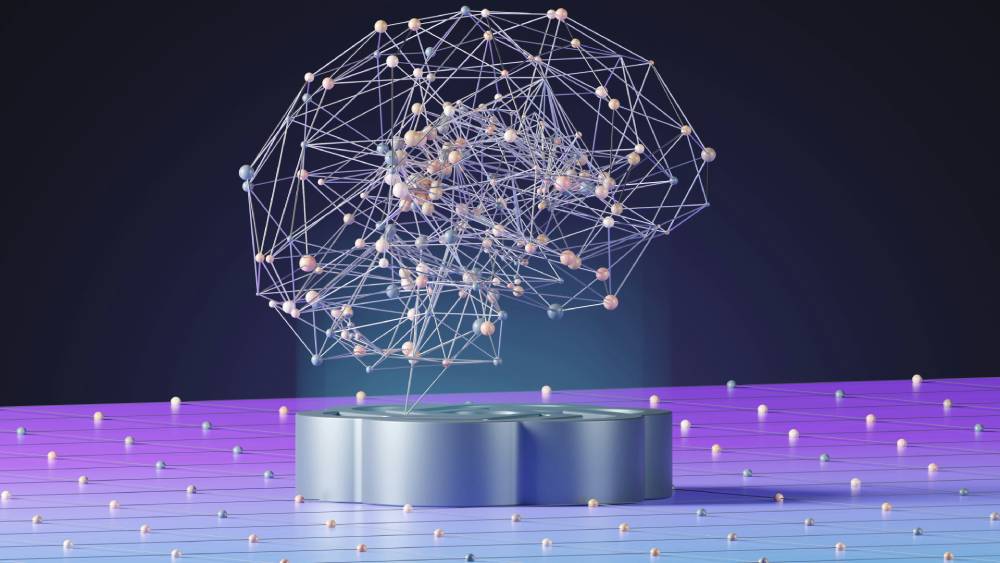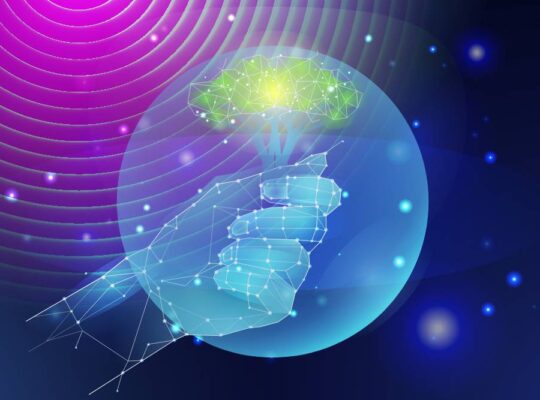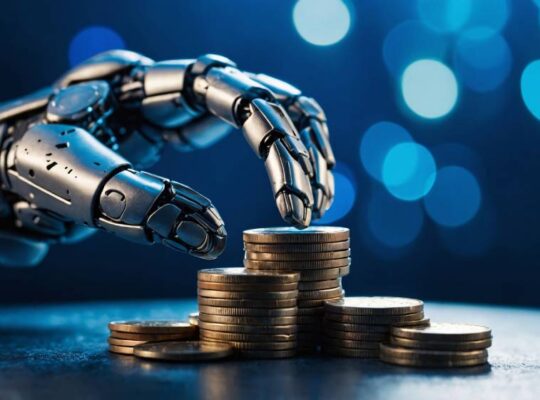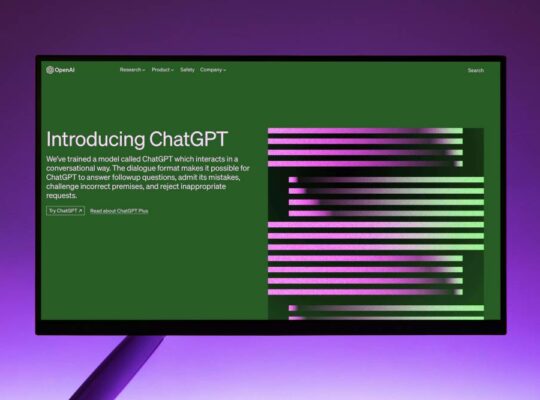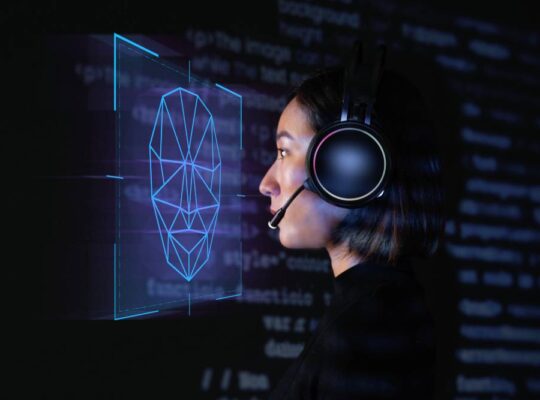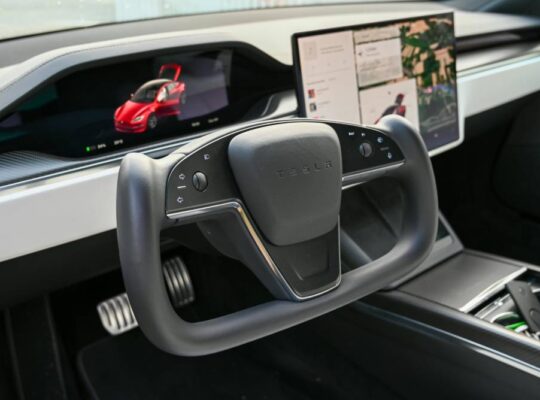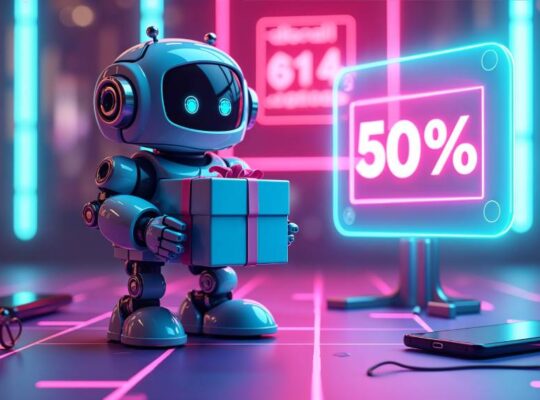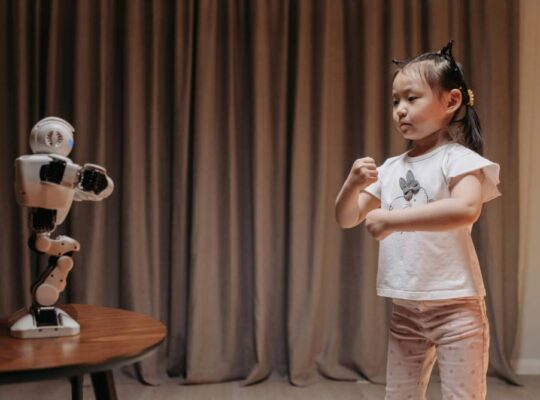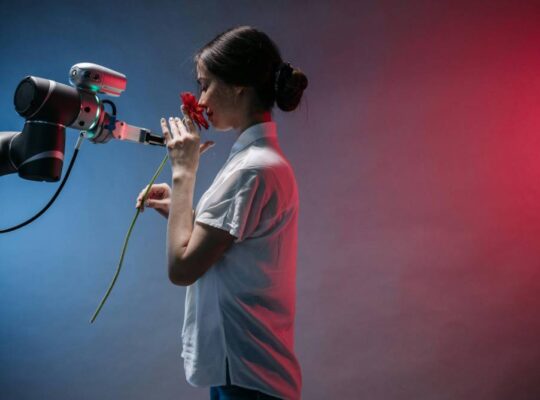Generative AI: How It’s Redefining Creativity in 2024
has emerged as a transformative force, redefining creativity and innovation across industries in 2024. With its ability to produce original content, whether text, images, music, or video, generative AI is pushing the boundaries of what humans can achieve creatively. This advancement combines deep learning algorithms and neural networks to enable machines to create, mimic, and innovate in ways that were once exclusively human domains.
Revolutionizing Content Creation
Generative AI has transformed content creation by making it more accessible and efficient. From designing graphics to composing music, AI tools like DALL·E, MidJourney, and ChatGPT empower individuals and businesses to generate high-quality content in minutes. These technologies allow creators to experiment with ideas, refine their work, and produce results at unprecedented speeds. In marketing and advertising, generative AI enables companies to personalize campaigns by crafting tailored text, visuals, and even product prototypes. This level of customization enhances user engagement while reducing the time and cost traditionally associated with content production.
Democratizing Creativity
Generative AI tools are making creativity more inclusive by providing powerful resources to individuals who may lack formal training. Artists, writers, and designers can use these tools to express ideas without needing specialized skills. For instance, an aspiring author can use AI to generate story ideas or refine drafts, while non-designers can create stunning visuals using AI-powered platforms. This democratization levels the playing field, empowering more people to participate in creative industries.
Challenges and Ethical Considerations
Despite its benefits, generative AI poses ethical challenges. Concerns over plagiarism, copyright infringement, and authenticity are growing as AI-generated content becomes indistinguishable from human-created work. Additionally, biases in AI models can perpetuate stereotypes or inaccuracies, affecting the quality and fairness of the output. Addressing these concerns requires robust ethical guidelines, transparent processes, and systems for identifying and attributing AI-generated content.
Impact on Industries
influence spans industries such as entertainment, education, and fashion. In entertainment, AI assists in scriptwriting, character development, and even virtual acting. In education, it generates interactive learning materials and simulations that enhance student engagement. Fashion designers use AI to develop innovative designs, predict trends, and optimize production processes. Across these sectors, generative AI is not just a tool but a collaborative partner in creative endeavors.
The Future of Creativity
As generative AI evolves, it promises to unlock even greater creative potential. The integration of AI with virtual and augmented reality could lead to immersive experiences, while advancements in natural language processing may enable more nuanced and sophisticated storytelling. By augmenting human creativity, generative AI is shaping a future where imagination and technology converge, redefining the creative process for the better.
Generative AI is not replacing human creativity—it is enhancing it. By combining human ingenuity with AI’s capabilities, 2024 is witnessing a new era of innovation, creativity, and collaboration.
Looking for a SEO based Website CLICK HERE
GO BACK TO HOME

